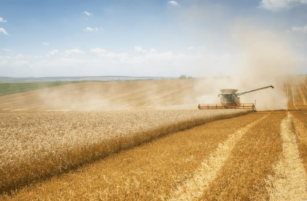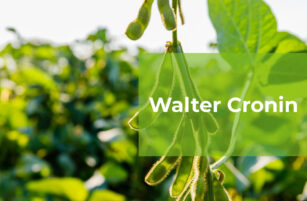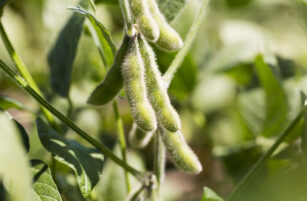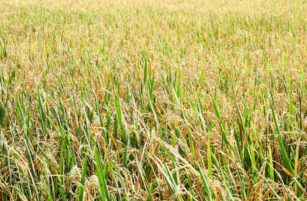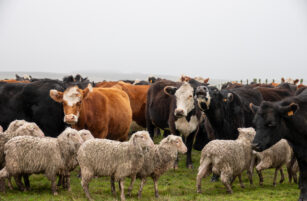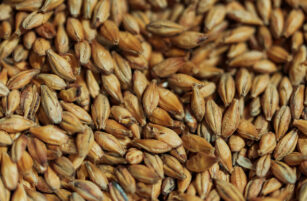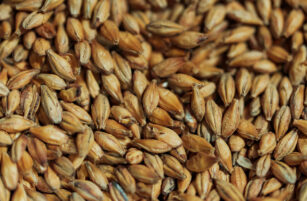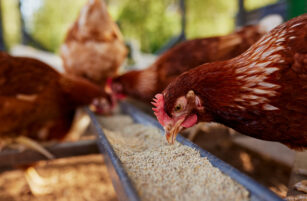Insight Focus
- Ukraine’s sunflower oil production to drop on year, exports bolstered by stocks
- German wheat quality hit by drought
- India raises sugar exports, cane price paid to farmers

The Ukrainian government is planning to export 3 million tonnes a month via the country’s Black Sea ports now the “grain corridor” deal between Ukraine, Turkey, Russia and the UN is up and running, the official Ukrinform news agency quoted Infrastructure Minister Oleksandr Kubrakov as saying.
Kubrakov was speaking as three ships left Black Sea ports on 5 August carrying 57,000 tonnes of corn bound for Turkey, the UK and Ireland. “In this regard, we are planning to ensure the ability of ports to handle more than 100 vessels per month. Although the ‘grain corridor’ has already started to work on exit, our goal is to ensure the full operation of ports in both directions,” he said.
Russian Warning, Ukraine Tests Limits
Earlier in the week Russia warned the deal could fail if Moscow felt the West were undermining the part of the deal obliging the West to facilitate Russian grain exports.
“We are warning against trying to stall or dodge the second part of the package and doing everything to prevent it from being implemented. Or else the world may fail to receive tens of millions of tonnes of Russian grain because of the irresponsible policy of the West,” the Interfax news agency quoted Foreign Ministry spokeswoman Maria Zakharova as saying. “The full-scale resolution of the food problem implies that the West gives access to global markets to Russian fertilizers and food, i.e. removes the financial and logistical impediments created by its anti-Russian restrictions,” she added.
Ukrainian Deputy Economy Minister Taras Kachka called in an interview with the Financial Times (behind paywall) for the deal to be extended to other commodities. He said it could serve as a template because traders and exporters “always test the limits”. “This agreement is about logistics, about the movement of vessels through the Black Sea,” he told the FT. “What’s the difference between grain and iron ore?”

As for agricultural products to export, Ukraine will produce 4.0 million tonnes of sunflower oil in the 2022/23 marketing year, while 4.2 million tonnes will be exported, including oil from stocks, down from 5.2 million tonnes produced and 4.3 million tonnes exported the previous season, Interfax reported, citing industry association Ukroliyaprom’s director general, Stepan Kapshuk.
Western Europe Battles Drought
In France, Prime Minister Elisabeth Borne warned that France is facing the “most severe drought” ever recorded in the country and announced the activation of a government crisis unit, the Associated Press reported. The government’s will be in charge of monitoring the situation in the hardest-hit areas as well as the impact of the drought on France’s energy production, transport infrastructure and agriculture.
Over the border, the German Farmers’ Association (DBV) said on its website (in German) that drought and a lack of fertilisers had reduced the protein content of much of this year’s wheat harvest.
It said that although it reckoned with wheat production of 21.4 million tonnes with most of the harvesting completed, this was still 10-12% below average and in areas most affected by drought up to 15%. The northeast of Germany had been significantly harder hit by drought than the rest of the country, the DBV added.

In the Netherlands, the government has declared a water shortage. The NL Times reported that in parts of the country, there is a ban on irrigation for agriculture. that ships are not allowed to overtake each other on parts of the Gelderse IJssel (pictured above). The navigation channel has become too narrow because of the low water level.
India Raises Sugar Exports

In Asia, the Indian government allowed an extra 1.2 million tonnes of sugar to be exported in the 2021/22 season on top of the 10 million already licensed, the Financial Express reported.
The government also approved a rise in the Fair and Remunerative Price (FRP) for sugarcane for the 2022/23 season to INR 3,050 (USD 38.46) a tonne for a base recovery rate of 10.25% from INR 2,900 for a base recovery rate of 10% in 2021/22, ChiniMandi reported. Under the scheme a premium of INR 30.5/tonne for each 0.1 percentage point over 10.25%, and a reduction of the same amount for every 0.1 percentage point below. However, there will be no deduction beyond 9.5% recovery as in 2021/22. In 2021/22, an INR 29/tonne premium was paid for each 0.1 percentage point above the base rate, with a reduction of the same amount for every percentage point below.
Other Insights that may be of interest…
Farmer Diaries (UK): Sugar Beet And Maize Struggle For Water


